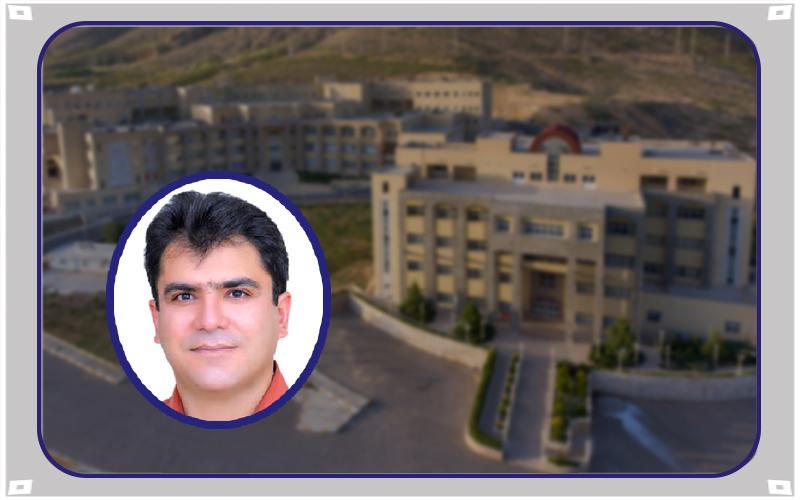The research cluster "Smart Sensor Arrays for Health Monitoring," led by Dr.
Hematinejad, a professor of Chemistry at Shiraz University, was established with the support of the Iran Science Foundation.
According to the public relations office of Shiraz University, the research cluster "Smart Sensor Arrays for Health Monitoring used in Urinary Tract Infections Screening" was approved by the Iran Science Foundation to design and manufacture a new generation of sensors, known as sensor arrays, under the leadership of Dr. Behram Hematinejad, a Chemistry professor at Shiraz University, in collaboration with 8 other faculty members from Shiraz University, Shiraz University of Medical Sciences, and Heidelberg University in Germany.
Dr. Hematinejad stated that after calling for the establishment of research clusters in the fall of 2022 by the Iran Science Foundation, the proposal for establishing this research cluster was prepared and submitted, ultimately receiving approval and support from the Iran Science Foundation after one year of evaluation in the current year.
Explaining the importance and necessity of this research cluster, he said: Today, providing rapid and cost-effective diagnostic methods that can be used as point-of-care tests is of particular importance. On the other hand, with the development of science and technology, although the quality of life is improving, these technologies have brought numerous health risks to humans (in the environmental, food, and medical fields) that require intelligent and accessible tools for simple and rapid identification of these risks.
The Chemistry professor at Shiraz University continued: Sensor arrays inspired by the sensory systems of mammals, such as olfactory and gustatory senses, are known as electronic noses and tongues. Pairing these arrays with data science and artificial intelligence methods can lead to the development of intelligent and portable monitoring tools in the health sector. One significant application of these tools is disease screening, especially for various types of cancers.
Dr. Hematinajad mentioned that this multidisciplinary cluster brings together various expertise, including chemistry, biochemistry, biotechnology, medicine, data science, and artificial intelligence. The cluster includes 8 other faculty members, Dr. Javad Tashkhourian, Dr. Ali Niazi, Dr. Reza Boostani, Dr. Zahra Shojaifard from Shiraz University, Dr. Abolfazl Khalfinejad, Dr. Omidreza Firouzi, and Dr. Ali Ariafar from Shiraz University Medical Sciences, and Dr. Uwe Bunz from Heidelberg University in Germany.
The Chemistry professor at Shiraz University announced that this cluster will be implemented with an approved budget for a three-year period, which can be extended for up to five years if the cluster's outcomes are positive. In this cluster, with the research collaboration of the members, the development of intelligent diagnostic tools for disease screening, including urinary tract diseases focusing on urinary tract cancers and blood cancers, will be studied. The expected outcomes of this cluster include domestic and international patent registrations, publishing articles in journals with at least a 10% and 25% high impact factor (a minimum of 6 articles annually), and producing two laboratory prototypes of diagnostic tools.
It is worth mentioning that out of 40 proposals submitted to the Iran Science Foundation, only 3 clusters have been approved in the country, with the research cluster "Smart Sensor Arrays for Health Monitoring," led by Dr. Hematinajad, being one of those 3 and the only approved cluster from Shiraz University.


